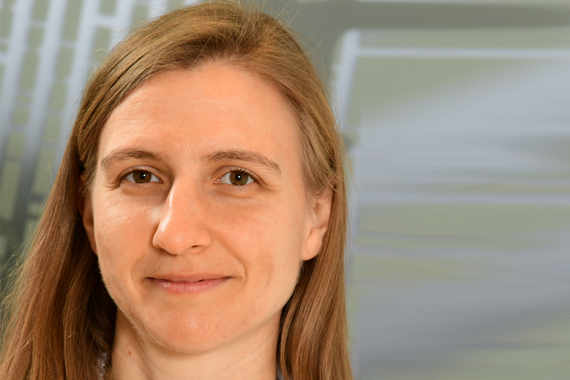Seltene Erkrankungen

Modernste genetische Untersuchungstechniken kommen zum Einsatz.

PI: Sarah Verheyen
Focus: The diagnosis of unclear rare diseases requires the use of different genetic testing methods. We aim to offer optimized diagnostics for our patients. In some cases, the examinations go beyond "routine diagnostics". In close cooperation with our colleagues of the neuropediatric outpatient clinic of the University Clinic for Pediatrics and Adolescent Medicine, Med Uni Graz, a systematic clinical characterization and different sequencing technologies are used to find the cause of genetic syndromes, developmental disorders and malformations. In cooperation with the Diagnostic and Research Institute of Pathology and the Vascular Outpatient Clinic of the Department of Pediatric Surgery, Med Uni Graz, we are working on improving the diagnostics for mosaic diseases.
To ensure the quality of the constantly evolving sequencing technologies and methods for data analysis, we collaborate with other Austrian human genetics institutes. Our projects in this area focus on the joint further development of diagnostic possibilities and quality standards.
Network: Within the Med Uni Graz we are part of a pediatric exom board: monthly case conferences, discussion of diagnostic procedures, discussion of findings and planning of scientific clarification of selected cases (Cooperation with the University Clinic for Pediatrics and Adolescent Medicine). Furthermore, we participate in Austrian exome meetings (Cooperation with Human Genetics Institutes in Vienna (Meduni Vienna, Hanusch Hospital), Salzburg, Innsbruck and Linz). For single case-related projects, we have worldwide cooperations with different laboratories/scientists.


